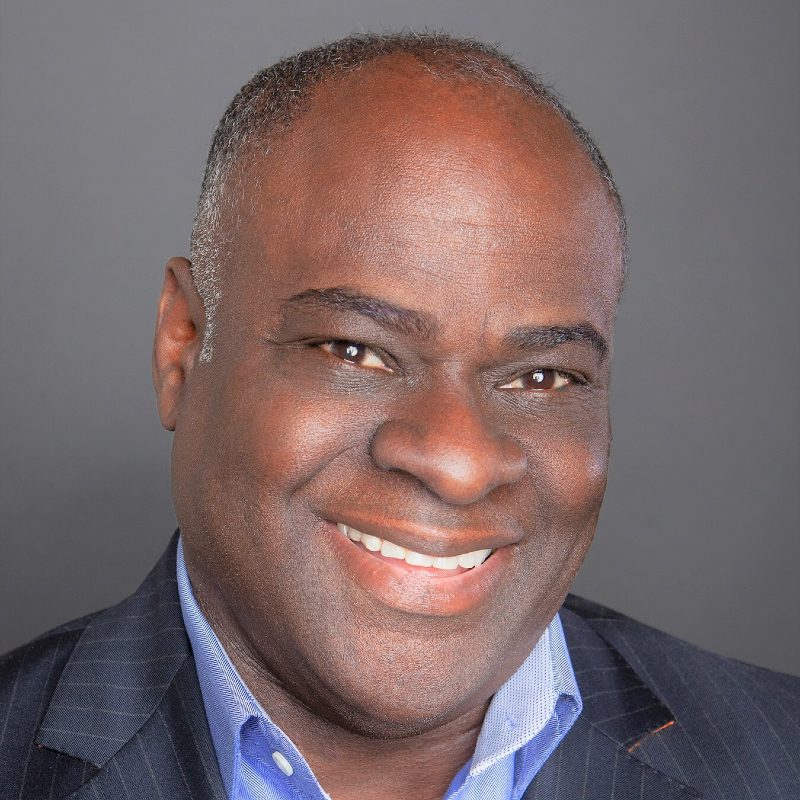Burning through the paper ceiling in today’s workplace
Columnist William Wiggins warns organizations of the problems with not using skills based hiring.
Why You Should Care
Better diversity in hiring. Higher employee engagement. Stronger candidate pipelines. Just some advantages of burning through that paper ceiling.
William Wiggins tells us all.
Not that we need another barrier to prevent a progressive career, but we have another ‘ceiling’ that is emerging as a barrier to employees on the rise to top positions.
Some of us more than others are familiar with the term ‘glass ceiling’. It is the invisible barrier that prevents equal opportunity for women and other diverse groups within the workplace as we ascend the corporate ladder into top leadership positions.
Once you’ve hit your head against it, you’ll know it’s there and realize how difficult it is to break through.
But the ceiling that I am referring to is the ‘paper ceiling’. The paper ceiling refers to the metaphorical barrier that prevents millions of highly skilled and qualified workers from reaching their career aspirations.
Even though they are skilled and exhibit an elevated level of performance and competency in their chosen field, they are often overlooked because they do not meet the academic qualification, typically a bachelor’s or master’s degree.
Academic requirements are not the problem. A degree can be essential, particularly for complex or regulatory roles that require specialized knowledge typically acquired through a university program. For example, a teacher, attorney, or physician.
Unnecessary academic requirements that are used to either intentionally or unintentionally create an environment of like-minded senior-level employees which leads to a less inclusive workplace vs. one where all employees can reach their full potential is the problem.
I was fortunate enough to have an administrative assistant on my team who was renowned throughout the organization for her efficiency, professionalism, ability to persuade, and organizational skills. She was the ‘go-to’ for complicated and arduous tasks and had served as interim manager for nine months after the administrative manager decided to focus on family.
When the job was posted, as expected, she applied. I was reminded by a senior leadership team member that even though she possessed every skill, and then some, that the organization would want in an administrative manager, she did not have a degree. Fortunately, the role she sought also reported to me, and I was able to maneuver her to success.
However, that very situation led to an organization-wide assessment of essential and educational requirements to determine if we might be limiting our talent pipeline with unnecessarily stringent educational requirements. As it turns out, we were.
While a 2022 study found that 62% of employers require a college degree, even for unskilled entry-level positions according to the US Bureau of Labor Statistics over 50% of the current workforce does not meet this higher learning qualification.
As a result, applicants and workers will not get past the interview stage for higher-level jobs because they don’t have a degree. Highly skilled and competent employees that may even hold professional and trade certifications, with years of on-the-job training are being overlooked for professional advancement because many employers have declared that without the prescribed academic ‘paper’. Ascension within the ranks is highly unlikely, if not impossible.
In an organization where career development and advancement is restricted by arbitrary policy, everyone suffers.
How are individuals impacted by the paper ceiling?
While it’s easy to hold everyone to the same educational standard, keep in mind that not all individuals have the financial means or the opportunity to attend college or university whether they are currently employed or an applicant.
People encounter barriers such as:
- Diminished career progression for experienced workers that would often make good managers were it not for educational requirements to simply be considered or be able to apply for managerial roles or leadership training.
- The undeveloped talent of employees who are not earmarked for career pathing. And therefore, not on the radar for training and development.
- Declining earnings over time in an environment where companies are challenged to provide a cost-of-living increases means fewer dollars to spend on career advancement. The issue compounds over time, leaving workers with less money to invest in their careers.
How are companies adversely impacted by the paper ceiling?
Employees and job seekers aren’t the only ones who suffer from the paper ceiling. Employers lose out too.
Common problems include:
- Low employee engagement is inevitable when employees feel as though their career is stagnant leading employees to begin to lose focus and interest in their jobs which also leads to turnover
- Poor DEIB (diversity, equity, inclusion, belonging) outcomes in hiring as the paper ceiling concept is most impactful to minority groups. For instance, 26% of Black workers have college degrees, compared to 40% of white workers. The paper ceiling can create a biased hiring process, which will impact diversity and culture within an organization.
- Reduced candidate pipelines and longer recruiting cycles occur when organizations require a degree, eliminating over 50% of the talent pool. This can mean fewer applicants, more competition with other employers, and an increased time to fill.
In conclusion
Companies should consider a range of factors when evaluating candidates and assessing their relevant skills, experience, and potential for growth.
Review your recruiting and hiring strategies. Rethink your job requirements to determine which roles require a college degree or if a more skills-based approach should be integrated into hiring strategies where alternative qualifications could and should be considered.
If there’s a clear bias towards college-educated people, you might need to intervene.
Where the HR world meets. You can’t afford to miss out on UNLEASH World in Paris this October.
Sign up to the UNLEASH Newsletter
Get the Editor’s picks of the week delivered straight to your inbox!

Director of HR
A highly specialized and innovative leader charged with developing, and supporting a diverse workforce.
